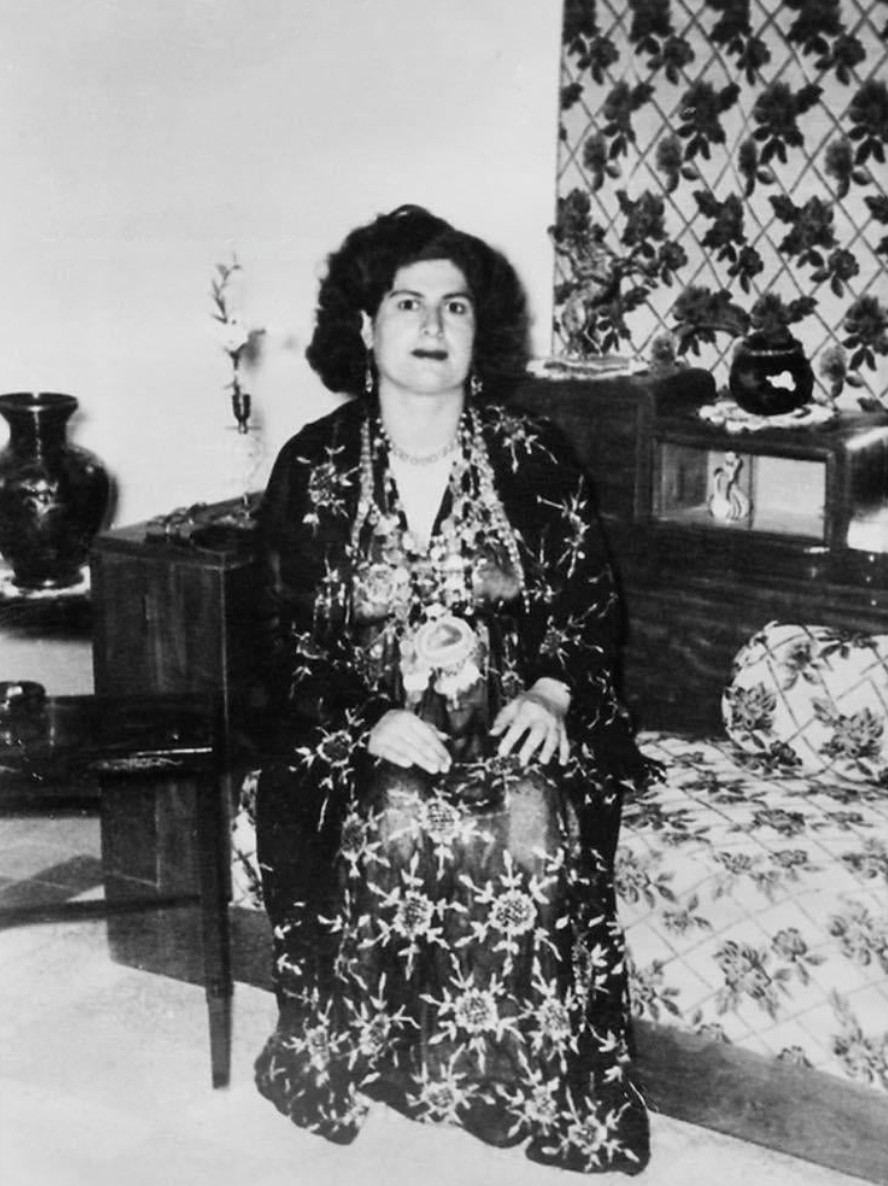Dutch Minister of Defense Ruben Brekelmans visited the Kurdistan Region on December 23 after meeting with officials in Baghdad. In an exclusive interview with Kurdistan Chronicle, he highlighted his country’s strong cooperation with the Kurdish peshmerga forces and emphasized the need for Dutch military advisors to remain in Kurdistan.
Appreciation for the peshmerga
During his visit, Minister Brekelmans met with Kurdistan Region President Nechirvan Barzani to discuss the future of the anti-ISIS mission in Iraq and peshmerga reform. Dutch military advisors have supported the Kurdish peshmerga for several years in the fight against ISIS.
“There was a very strong cooperation there and, as President Nechirvan Barzani said, the fight against ISIS led to a lot of casualties from the peshmerga side, so they sacrificed a lot. They took a very prominent role in fighting ISIS, and we were very happy that we could support them in this,” Minister Brekelmans said.
“It was very impressive that Iraq and the peshmerga were able to defeat ISIS. They are now in a completely different state than they were 10 years ago, or even six years ago, but it is important that we keep combatting ISIS because there are still ISIS cells, and many ISIS members are imprisoned in Syria,” he added.
“We need to make sure that those ISIS fighters do not escape, because then they would pose a serious security risk,” he underlined.
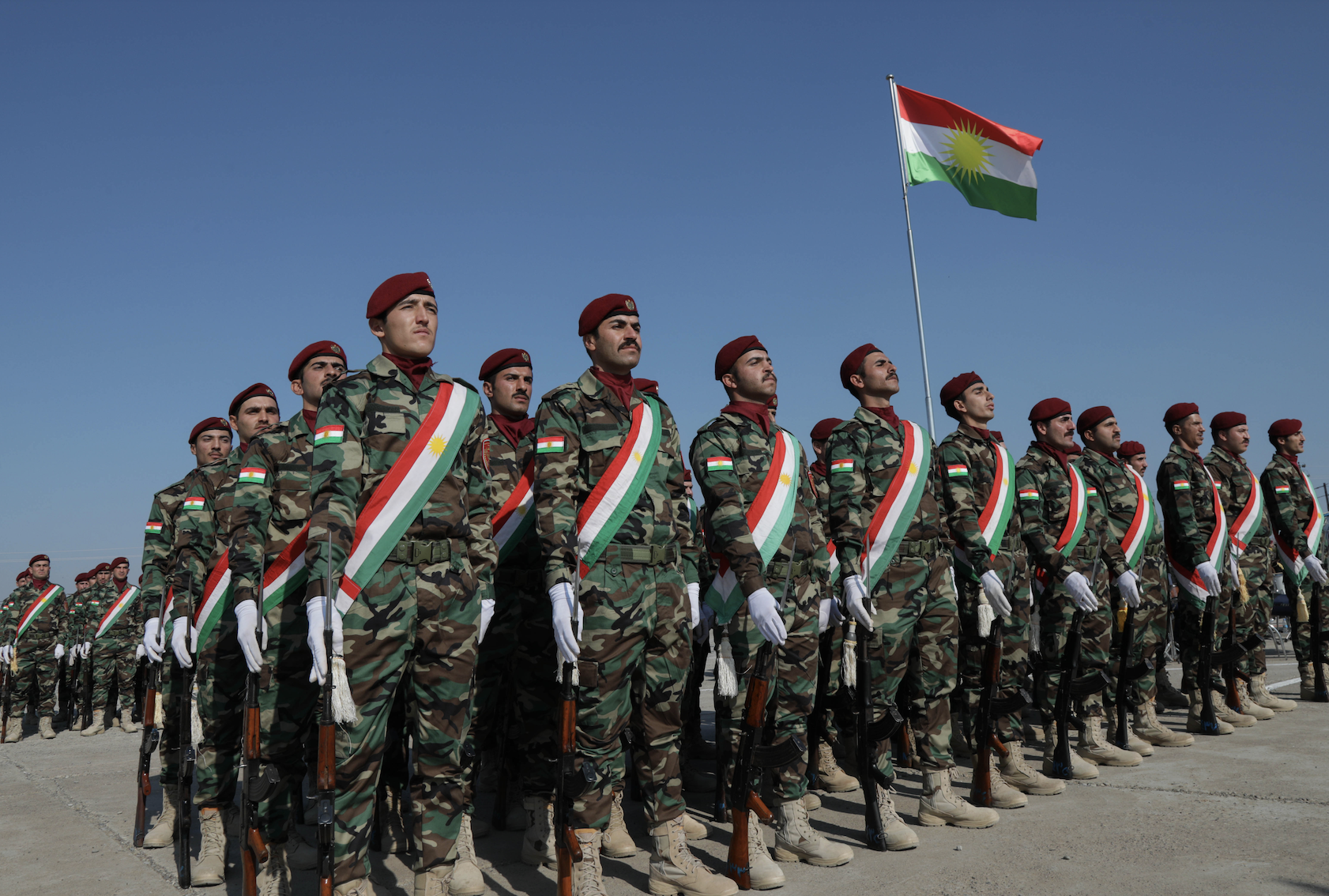
Dutch support for peshmerga reform
The Netherlands is part of the Multinational Advisory Group, which consists of a number of countries that support the peshmerga reform program with advisors in the Kurdistan Region.
“We’ve discussed this broader picture, including how the different actors are now trying to engage with Hayat Tahrir al-Sham in Syria and what the approach should be. We also discussed peshmerga reform, and President Nechirvan Barzani expressed appreciation for what the Netherlands is doing,” he added.
Peshmerga troops are split between political factions, with 70 units under the Patriotic Union of Kurdistan and 80 units under the Kurdistan Democratic Party. The goal of the peshmerga reform project is to unite these units as Regional Guard Brigades under the Ministry of Peshmerga Affairs by 2026.
“President Nechirvan Barzani said that they are making progress in this process. Some things are not going as fast as we would like, but he was very transparent about this. Sometimes things go slowly, but there is also a clear commitment from both sides to make progress in integrating the 70s and 80s,” Minister Brekelmans added.
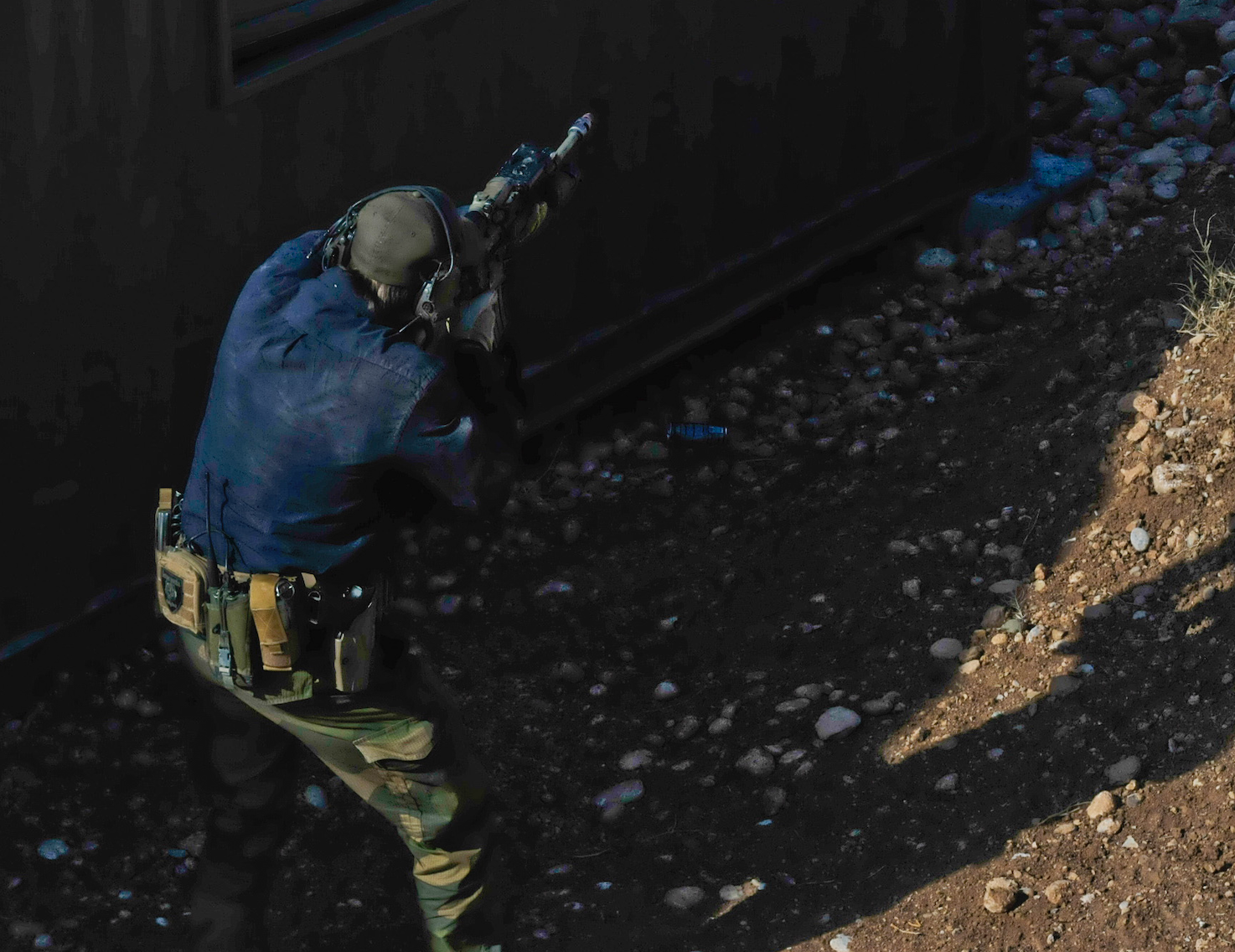
Minister Brekelmans visited the Dutch troops in the Kurdistan Region in December just before the Christmas and New Year holidays. “I wanted to show my appreciation for everything that they are doing.”
“I have seen with my own eyes the important work our advisors are doing. Everyone I spoke to, including Iraq’s Minister of Defense and Minister of Foreign Affairs, all expressed how important the work we are doing is. It is now even more essential given what is happening in Syria,” he said.
On December 22, Minister Brekelmans met with top Iraqi officials and the commander of the U.S.-led coalition against ISIS.
In September, the United States and the Iraqi government announced that the coalition mission in Iraq will end by September 2025 and transition to bilateral security partnerships.
“It was announced that the anti-ISIS coalition will end in Iraq, or at least it will scale down. There are now discussions on whether that should take place or not,” he said.
“If tensions in Syria increase, it might enable ISIS to strengthen its position in Syria. Then they could cross the border into Iraq and create significant instability.”
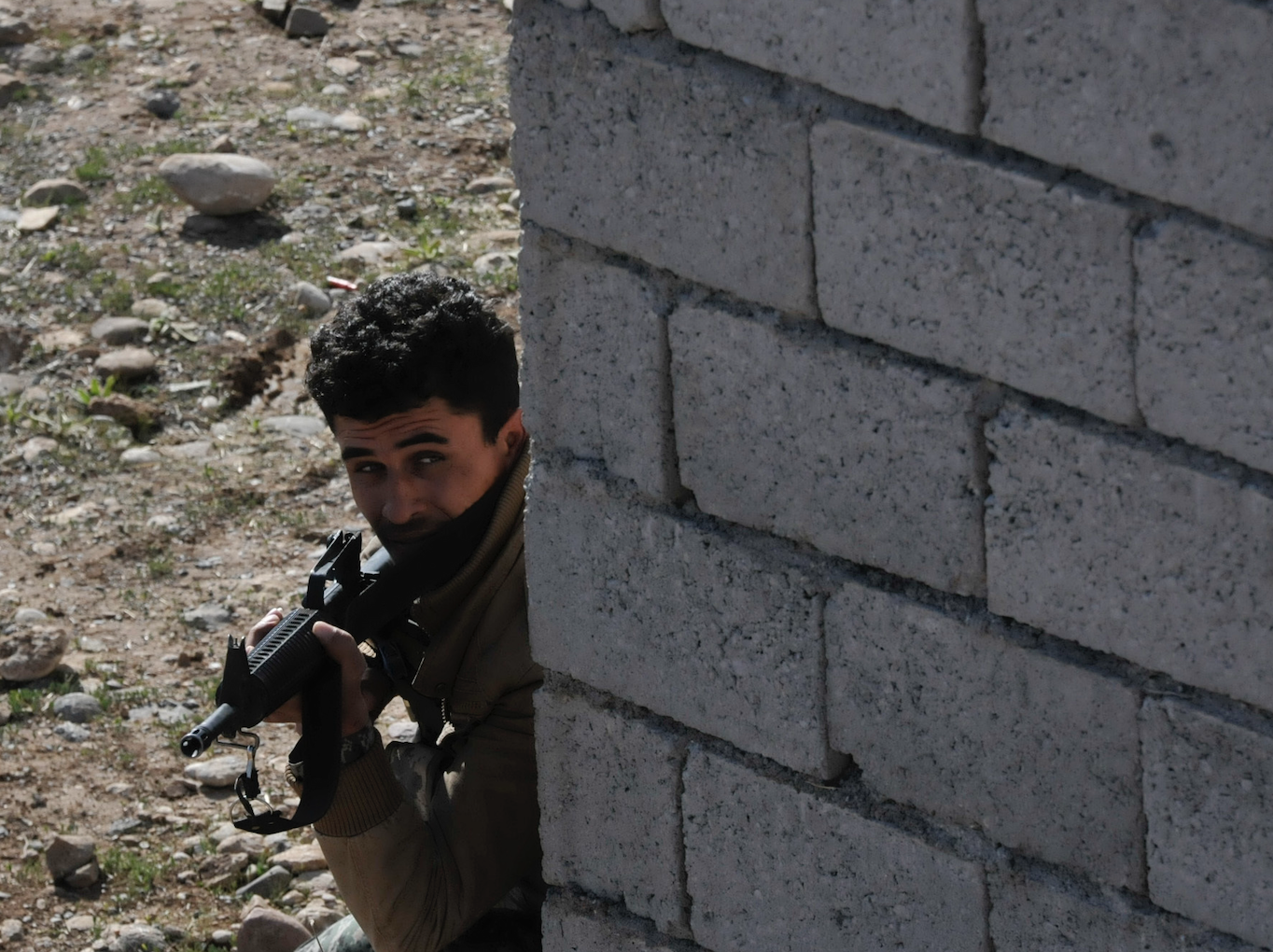
Dutch military presence important
“I think it’s important to stay active here in the Kurdistan Region. Because we have been here for such a long time, we do have a strong network and a deep understanding of the dynamics, which are quite complicated,” Minister Brekelmans told Kurdistan Chronicle.
He emphasized that, although there are only a few Dutch military advisors left in the Kurdistan Region, “we can still have significant value. President Nechirvan Barzani just expressed to me that he very much appreciates what we have done over the years. Even with a small number of people, we can have a relevant impact.”
Last year, the Dutch military sent 145 soldiers to Baghdad for the NATO mission and assumed its command in May. Meanwhile, the 120 Dutch troops previously stationed in Erbil have departed, leaving five advisors in the Kurdistan Region.
“There will be periods of time with a bit more or fewer people, but it is important that we maintain the network, partnerships, and even friendships that we have built up over the years,” he added.
He also said that, in general, Dutch soldiers are happy with their work in Iraq and the Kurdistan Region and the facilities that are provided to them. “They are also happy with the way they work with international partners, such as the United States and Germany.”
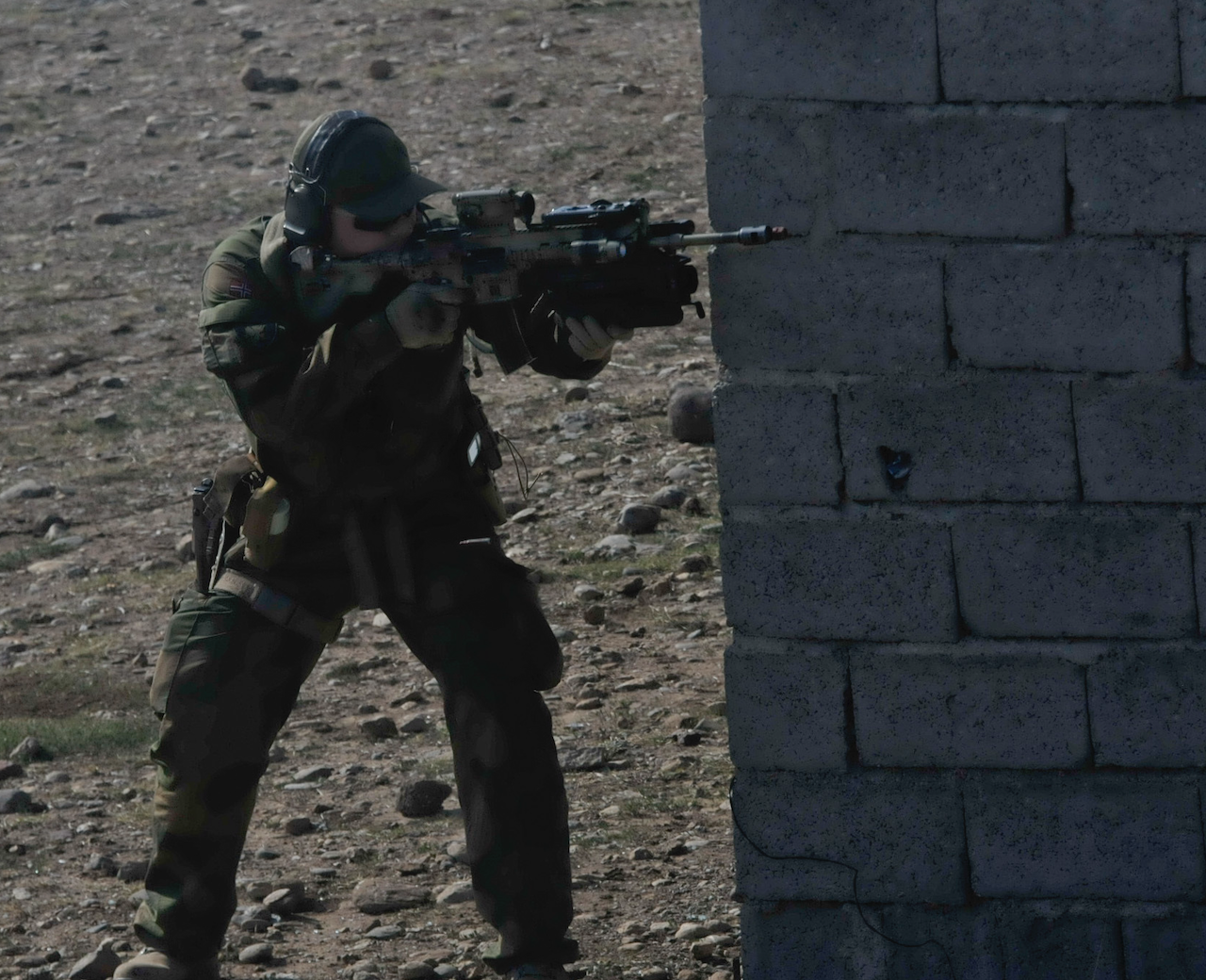
Risk of turmoil in Syria
Minister Brekelmans warned that the turmoil in Syria after the fall of the Assad regime could impact Iraq. “This shows the importance of the work we are doing to maintain a level of stability and security here in Iraq.”
He added that a military presence in Iraq could take different shapes and forms. “I understand as a minister that sometimes the political logic in an election year can be different than long-term military logic,” he said. “But I do think that there is still a need for a military presence in Iraq, because the turmoil in Syria could potentially spill over into Iraq.”
Furthermore, he said that it remains important to have an international military presence in Iraq. “Of course, the United States is providing a lot of the fighting capabilities, as well as a lot of strategic resources. It is important that the international community is active here and works closely with the United States,” he added.
“I think the U.S. military personnel here are very aware of how important their presence is. I’m very curious what decisions are going to be made, but I can imagine that some will be different than a few weeks ago when the situation in Syria was different.”
Minister Brekelmans also revealed that the Netherlands is working on a memorandum of understanding (MOU) with Iraq. “The MOU is very broad; it is not only about security, but also about economic development, migration, and humanitarian assistance,” he said.
“It only shows that what we are doing here helps to maintain a level of stability and security, to make sure that ISIS does not reemerge, and to make sure that Iraq remains stable so we do not have another huge wave of refugees. Migration does not only impact Iraq, but it also impacts the broader region and the security of Europe and the Netherlands. I think what we are doing now is in everyone’s interest.”
“If our military wants to be active here, there needs to be a clear mandate and clear framework,” he added. “It is very likely that the NATO mission will continue, but at the moment it could be affected because there is a close interconnection within the anti-ISIS coalition.”
On December 18, the Dutch parliament approved the extension of the NATO mission of Dutch soldiers in Iraq for another six months. “I think that was very important, but it is also now interesting for me to see with my own eyes what the security situation is here, as well as the impact of what is happening in Syria."
“It’s important that in the short term there is more clarity on how the anti-ISIS coalition mission is going to continue, because it is also affecting how the NATO mission can continue. We as the Netherlands will definitely stay committed here – but in what way, we need to see in the future.”
Wladimir van Wilgenburg is a seasoned reporter and analyst who specializes in Kurdish affairs, and holds a Master’s degree in Kurdish studies from Exeter University.
